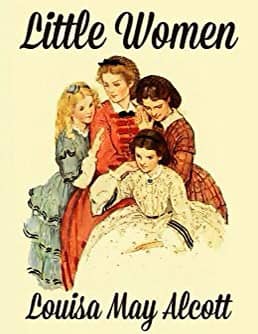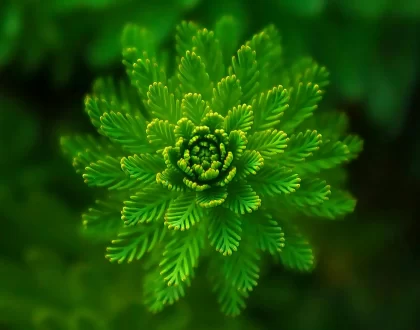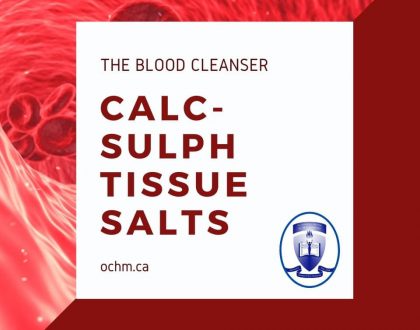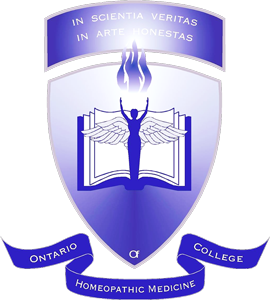Louisa May Alcott (1832–1888)

Louisa May Alcott (1832–1888), author of Little Women, was a long time homeopathic patient and appreciator of this new medicine. Besides being a leading author, she was also a nurse. At one dramatic point in Little Women, one of the daughters, Beth, is ill with scarlet fever, and the second oldest daughter, Jo, prescribes homeopathic Bell to treat her. Later, Jo finds Beth looking through their mother’s medicine cabinet where she finds a bottle of camphor and takes it into bed with her. This action provides some sophisticated foreshadowing because camphor is known as an antidote to homeopathic medicines, and thus, it is sad but not surprising when Beth succumbs to the disease.
There are two other references to homeopathy in Little Women. The first incident occurs early in the book when Meg hurts her ankle so she chooses to “Bound up her foot with arnica” (in Chapter 3). Arnica is a well-known homeopathic remedy for sprains and strains. The second incident occurs shortly after Beth’s scarlet fever episode when Jo gets a severe head cold and then takes Ars.
During her childhood, Alcott’s family physician was Conrad Wesselhoeft, MD, a Harvard Medical School graduate and a famous Boston homeopath, and she dedicated her last novel, Jo’s Boys, to him. In this book, its lead character, Nan, is portrayed as a bright, scientifically minded, young girl who is able to keep calm in a crisis. Nan becomes a homeopathic physician who is also dedicated to women’s equality.
Louisa May Alcott’s father, Amos Bronson Alcott (1799–1888), was also an advocate for homeopathy.
Thank you Dana Ullman, MPH for this fabulous information (www.homeopathic.com)
@homeopathy_school_in_toronto .
Recommended Posts

Exploring the Lesser-Known Aspects of Aethusa Cynapium: Its Relationship with the GI Tract and Animal Lovers
March 27, 2024

Calc-sulph Tissue Salts is considered “the Blood Cleanser”
April 20, 2021

Ferrum Metallicum is a great Homeopathic Remedy for Anemia
April 20, 2021
